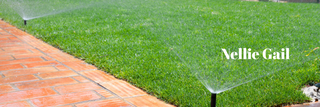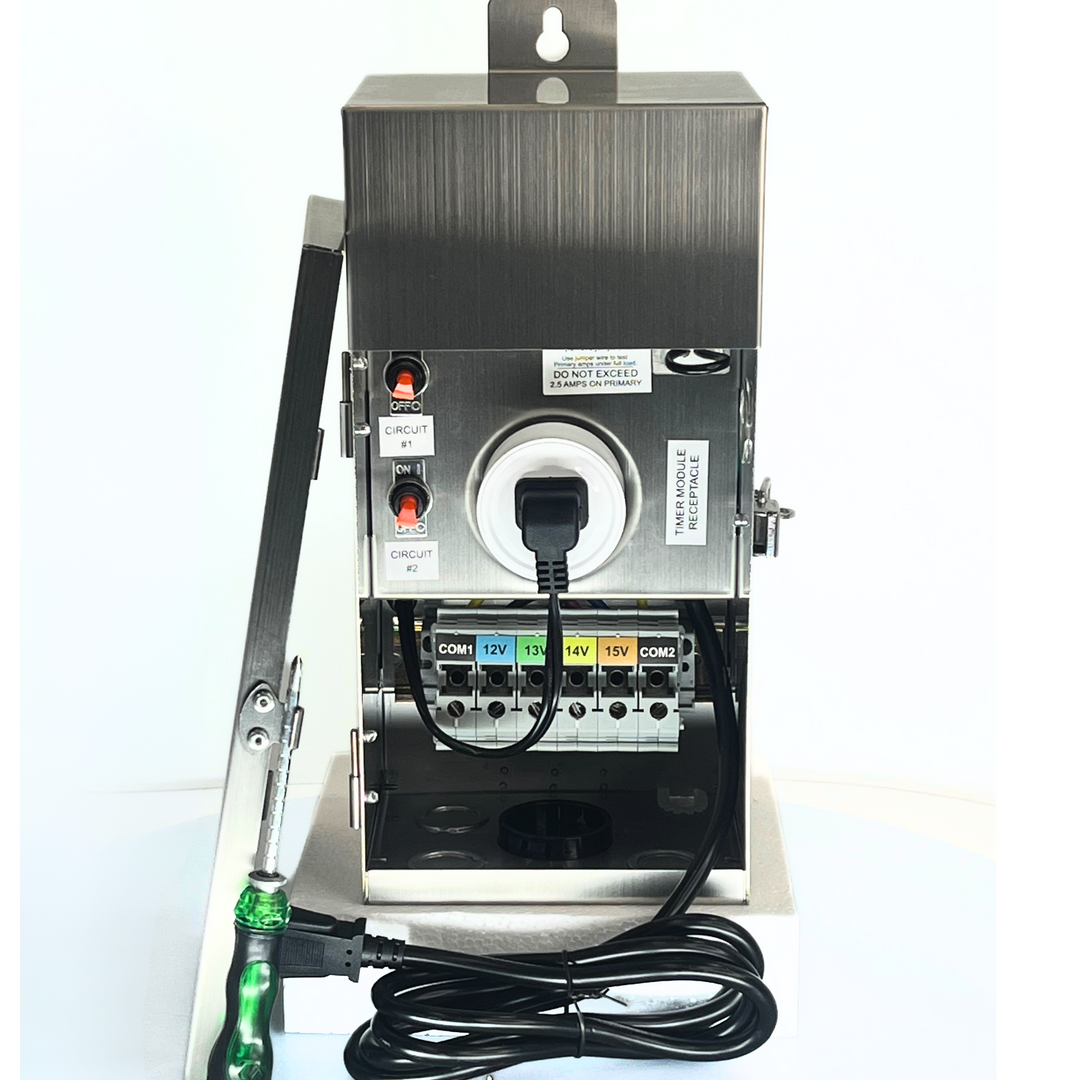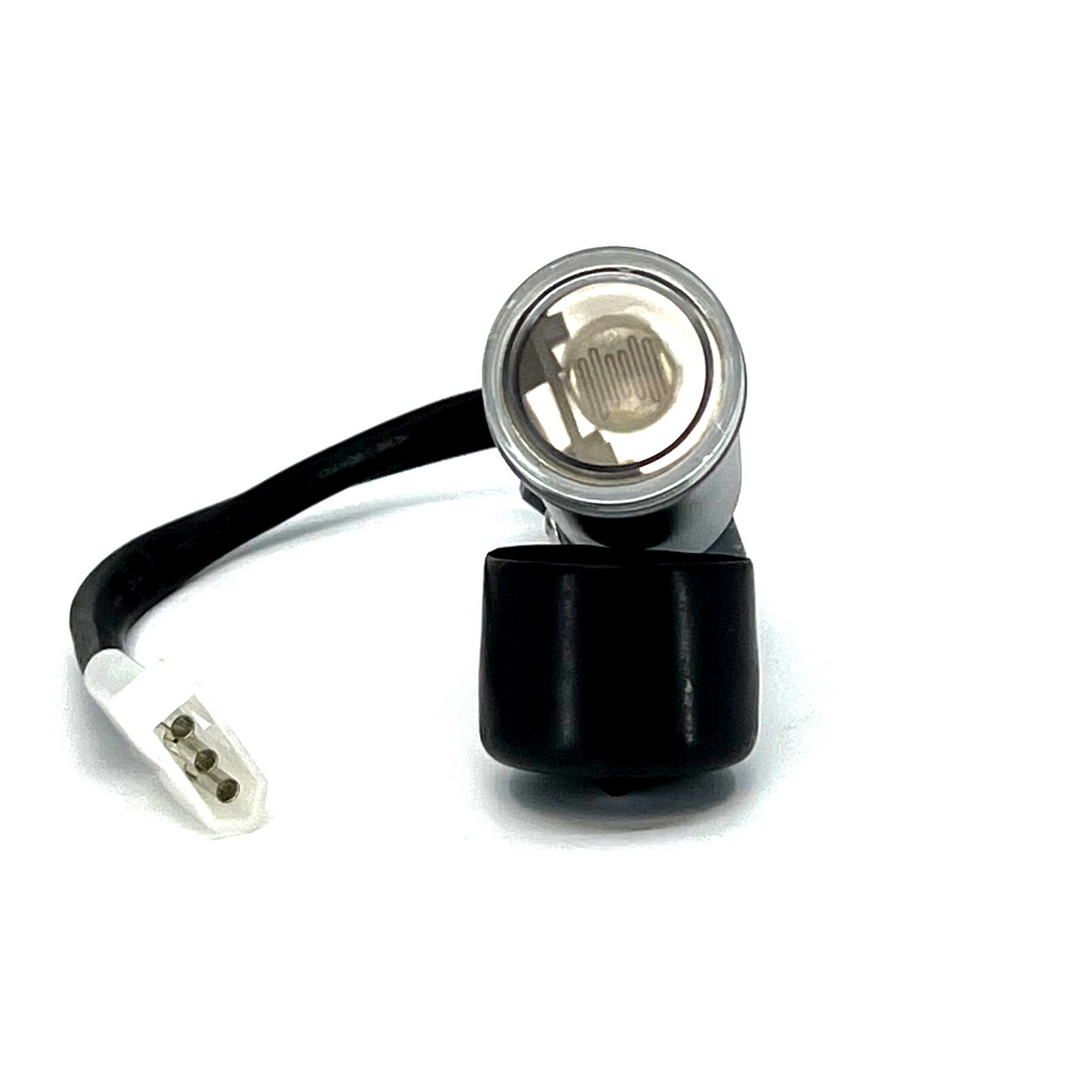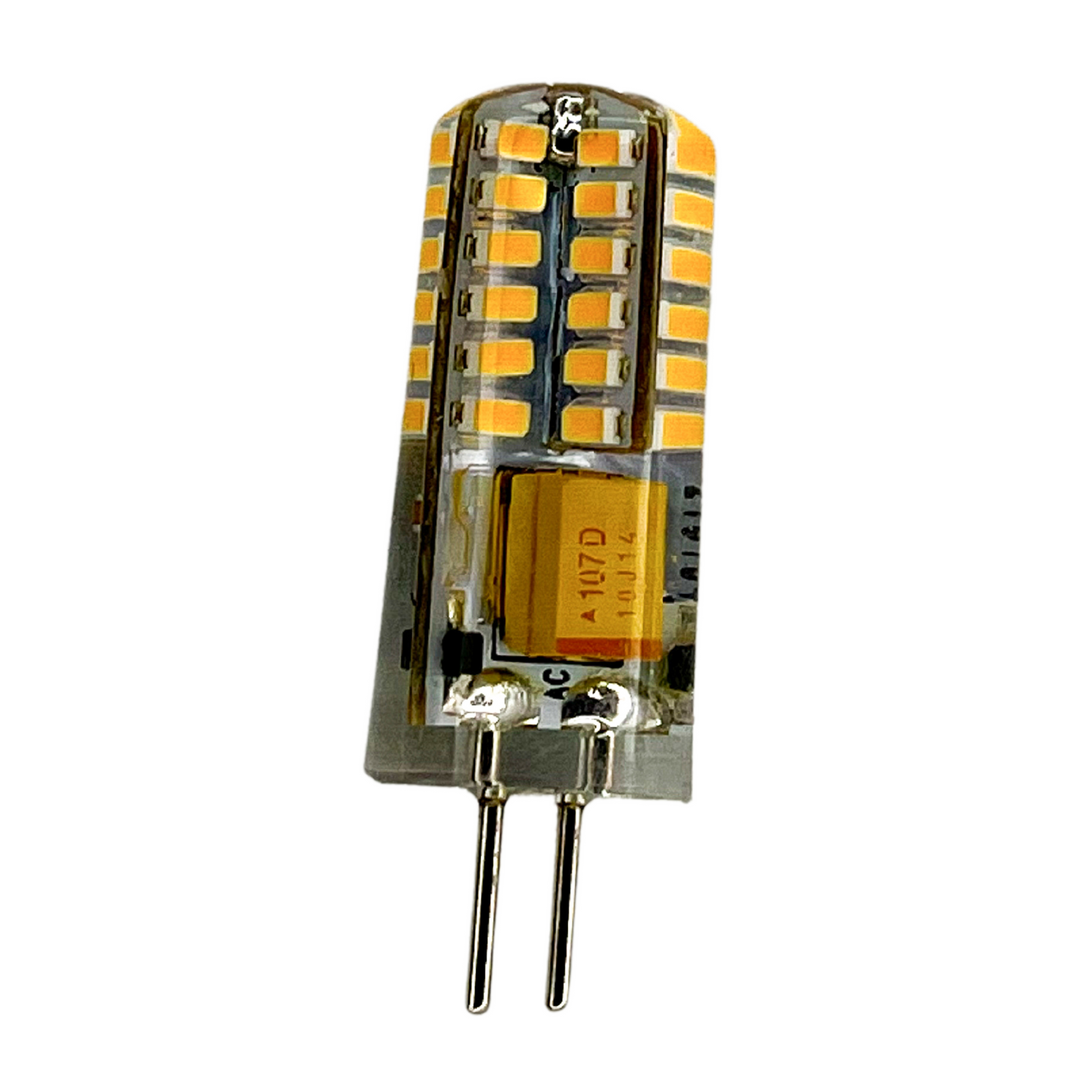
Don't Let Your Lawn Go Thirsty: Call Us for Sprinkler Repair
|
|
Time to read 7 min
In the quest for a lush, green lawn that serves as a testament to diligent care and aesthetic appeal, the role of a functional sprinkler system cannot be overstated. A well-maintained sprinkler system ensures that your lawn receives the right amount of water, at the right time, promoting healthy growth and vibrant color. However, like any mechanical system, sprinklers can develop issues due to wear and tear, environmental factors, or simple neglect. Recognizing and addressing these issues promptly can prevent minor problems from escalating into major ones, saving you time, money, and the heartache of watching your lawn deteriorate.
Sprinkler Repair: Comprehensive Understanding of Sprinkler Systems
Sprinkler systems, though varying widely in complexity, typically consist of a controller (the brain of the system), valves that open and close to release water, and sprinkler heads that distribute water to specific areas of the lawn. Each component plays a crucial role in the system's overall functionality. A well-designed system takes into account the type of soil, slope of the land, sun exposure, and types of plants to ensure efficient water use and optimal lawn health.
Early Detection of Sprinkler System Malfunctions
Inconsistent Water Pressure
Inconsistent water pressure can lead to uneven watering, with some areas of the lawn receiving too much water and others not enough. This can result in a patchy, unhealthy lawn. Causes of low water pressure can range from simple issues like a partially closed valve to more complex problems such as leaks in the system.
Signs of Leakage
Visible signs of a leak in a sprinkler system include unexplained soggy areas in the lawn, erosion, or a significant increase in water bills. Leaks can occur in any part of the system, from the mainline to the individual sprinkler heads, and can be caused by factors like physical damage, wear and tear, or freezing temperatures.
Non-Functional Sprinkler Heads
Sprinkler heads that do not pop up or rotate properly can leave areas of your lawn dry. Common causes include blockages from dirt or debris, damage from lawn mowers or vehicles, and wear over time. Regular cleaning and inspection can prevent or identify these issues early.
Unexplained Increase in Water Usage
A sudden, unexplained increase in water usage can indicate a leak or inefficiency in your sprinkler system. Monitoring your water bills for unusual changes can help you catch these issues early, before they lead to more significant problems or damage.
Tackling Common Sprinkler System Issues
Dealing with Clogged Nozzles
Clogged nozzles can significantly reduce the efficiency of your sprinkler system, leading to dry spots and unhealthy plants. Regular inspection and cleaning of the nozzles can prevent clogs from dirt, sand, or lawn clippings.
Adjusting Sprinkler Heads for Optimal Coverage
Properly adjusted sprinkler heads ensure that water is distributed evenly across your lawn, without wasting water on sidewalks, driveways, or non-landscaped areas. Adjusting the arc and radius of sprinkler heads can often be done by hand or with simple tools.
Calibrating Zones for Efficient Watering
Many sprinkler systems are divided into zones, allowing different areas of the lawn to be watered independently. Proper calibration ensures that each zone receives the appropriate amount of water based on the specific needs of the plants, soil type, and sun exposure in that area.
Addressing Pressure Issues in the System
Pressure problems in a sprinkler system can lead to poor performance and wasted water. These issues can stem from leaks, clogged filters, or improperly sized pipes and can often be resolved by a professional.
Repairing or Replacing Faulty Valves
Valves control the flow of water to the sprinkler heads in each zone. Faulty valves can cause a zone to remain dry or, conversely, to be overwatered. Replacing or repairing faulty valves is essential for the system's proper function.
The Decision: DIY Repair vs. Professional Assistance
While some sprinkler system issues, like cleaning clogged nozzles or adjusting sprinkler heads, can be easily handled by homeowners, more complex problems such as valve replacement or leak repair in the mainline may require professional expertise. A professional can diagnose the problem accurately, has the right tools for the job, and can often provide a warranty for their services.
Selecting a Reputable Sprinkler Repair Service
When choosing a sprinkler repair service, it's essential to consider factors such as licensing, insurance, experience, and customer reviews. A reputable service will provide a clear estimate, explain the proposed repairs, and stand behind their work.
Proactive Sprinkler System Maintenance
Regular maintenance is key to preventing many common sprinkler system issues. This includes seasonal adjustments, inspecting and cleaning heads, checking for leaks, and winterizing the system to prevent freeze damage. A well-maintained system not only saves water and money but also extends the lifespan of your sprinkler system, ensuring your lawn remains a source of pride and enjoyment.
Frequently Asked Questions
How often should I inspect my home sprinkler system for optimal performance?
Regular inspections are crucial for maintaining an efficient sprinkler system. Experts recommend a thorough check-up at least twice a year, typically in the spring before the peak watering season begins and in the fall to prepare the system for winter. These inspections can identify any issues, such as leaks or clogged nozzles, ensuring your system operates effectively and conserves water.
Can I adjust my sprinkler heads on my own, and how do I do it?
Yes, adjusting sprinkler heads is a manageable task for most homeowners. To adjust, first, observe the area each head covers while the system is running. If you notice dry spots or overspray onto sidewalks or driveways, you'll need to make adjustments. For most sprinkler heads, you can simply turn the head's body or use a screwdriver on the adjustment screw to change the spray pattern or distance. Always ensure the system is off before making adjustments to avoid injury.
What are the signs of an underground leak in my sprinkler system, and how urgent is it to fix?
Signs of an underground leak include soggy patches of grass, visible pooling of water when the system is off, and an unexplained increase in your water bill. It's important to address underground leaks promptly to prevent water waste, potential damage to your lawn and landscaping, and avoid more costly repairs down the line. If you suspect an underground leak, it's wise to contact a professional for diagnosis and repair.
How can I make my sprinkler system more water-efficient?
Making your sprinkler system more efficient can involve several strategies:
• Upgrade to water-efficient sprinkler heads and nozzles designed to reduce water waste.
• Install a smart irrigation controller that adjusts watering based on weather conditions and soil moisture levels.
• Regularly check and adjust your sprinkler heads to ensure even and necessary coverage.
• Consider drip irrigation for specific areas like flower beds to target water directly to plant roots.
Adopting environmentally friendly lawn care practices can include:
• Utilizing rain sensors or smart irrigation controllers to avoid unnecessary watering and reduce runoff.
• Selecting native plants and grasses that require less water and are more resistant to local pests and diseases.
• Implementing a rainwater harvesting system to collect and use rainwater for irrigation.
• Following sustainable lawn care practices, such as mowing at the recommended height and aerating your lawn to improve water penetration.
Practical tips or facts:
1. Seasonal Adjustment of Watering Schedule: It's crucial to adapt your sprinkler system's watering schedule based on the season to ensure your lawn receives the right amount of water without waste. During spring, your lawn's watering needs are different from the peak of summer. As temperatures drop in the fall, it's advisable to adjust your system again to reduce water output. This not only conserves water but also aligns with the changing needs of your landscape throughout the year.
2. Regular Inspection for Leaks and Clogged Heads: Conducting regular inspections of your entire sprinkler system can help identify and rectify common issues such as leaks, broken lines, or misdirected sprinkler heads. A leak or a misdirected head can lead to water wastage and uneven lawn watering, which might result in dry patches or puddles. Spotting these issues early can save water and prevent damage to your lawn. Additionally, keeping an eye on the general water flow and ensuring consistent water pressure can help spot leaks early. Addressing leaks promptly prevents overwatering in some areas and under-watering in others, maintaining the health of your lawn and potentially saving on increased water bills.
3. Efficiency Through Sprinkler Head Alignment and Morning Watering: Ensuring your sprinkler heads are correctly aligned is key to preventing water from spraying onto sidewalks or streets, which is wasteful and can lead to runoff. Aligning the spray pattern to ensure water is distributed only where needed helps conserve water. Another effective practice is to water your lawn in the early morning or early evening when evaporation rates are lower, ensuring more water reaches the roots of your plants and grass, promoting healthier growth.
Implementing these practices can significantly improve the efficiency and effectiveness of your home sprinkler system, leading to a healthier lawn and garden while conserving water and saving on utility costs.
Our Recommendation
Final Thoughts
Ensuring a Lush Lawn Through Efficient Irrigation
A healthy, vibrant lawn is a reflection of the care and attention given to its irrigation needs. By understanding the components of your sprinkler system, recognizing signs of trouble, and addressing issues promptly, either through DIY repairs or by enlisting professional help, you can ensure your lawn remains lush and inviting. Remember, the key to a beautiful lawn is not just regular watering, but efficient and effective irrigation that meets the specific needs of your landscape. Book Online Now and Get a FREE Quote!













